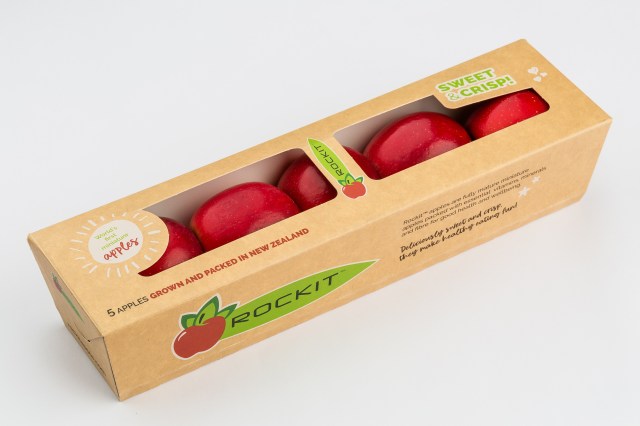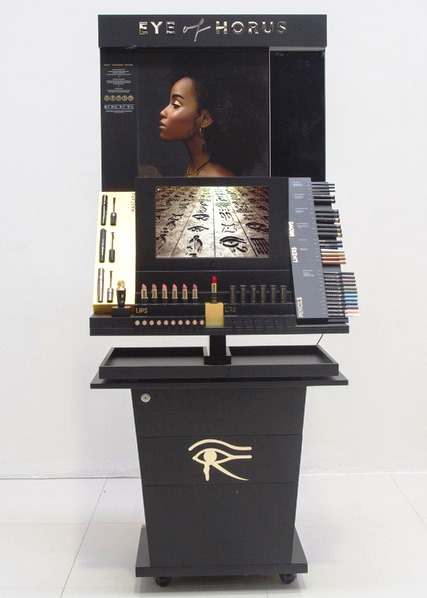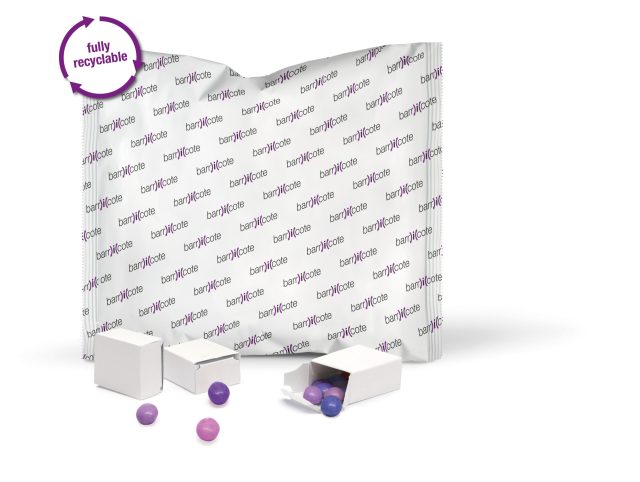
As consumer demand for sustainable packaging rises, the market for recycled PET is growing to match it.
Plastic supplier Martogg Group has installed its third Vacurema machine, which produces food-grade recycled PET, signalling a broader shift in capacity across the Australian marketplace.
While packaging manufacturers have previously felt a scarcity of availability for food-grade recycled PET, Martogg Group’s Ben McCulloch, product manager – marPET and Austen Ramage, group sustainability manager, tell ProPack.pro that is no longer the case.
McCullough said, “For packaging businesses and brands looking to achieve their corporate sustainability objectives 2025 objectives and APCO 2025 targets, capacity is no longer an issue.”
Martogg Group alone can now produce some 23,000 tonnes of recycled PET resin.
Ramage added, “For a lot of brand owners and manufacturers dealing with virgin polymer throughout their entire existence, you can imagine there’s push back and uncertainty around how recycled materials perform through moulding and after moulding.”
But the structural integrity, look and feel, and aesthetics of recycled materials are being proven in the market, according to Ramage.
“We’re supplying our recycled PET into fresh fruit and vegetable packaging, meat packaging, beverages, household cleaning products, and cosmetics. It’s becoming more common,” Ramage said.
“In almost all cases, you can use recycled PET at up to 100 per cent in place of virgin polymer,” McCullough added.
“The consumer is changing in Australia, don’t be left behind. There’s significant consumer sentiment towards buying Australian-made, sustainable products with recycled packaging or more sustainable content. It’s very different now — the decisions consumers are making are more geared towards sustainability than price,” Ramage mentioned.
Using sustainable, or recycled materials allows for brand owners to potentially increase pricing to match or surpass the few cents-per-unit extra they may pay for recycled plastics.
Ramage uses the example of cleaning products on supermarket shelves. If there’s 10 similar products all offering whiter whites, or brighter colours, then marketing the sustainable credentials of the packaging can make the difference at point-of-sale.
“It can be a significant disruptor,” Ramage said.
Martogg is also heavily involved in trading and buying virgin PET into the market, so it’s not self-interest that makes it push it’s customers towards recycled options.
But ultimately, you need to convince the consumer, they tell ProPack.pro. That’s why educating them on the impacts of their packaging and associated environmental costs are crucial.
“If you look at carbon emissions generated by packaging, it’s a no-brainer that reusing and recycling our waste plastic to generate new products significantly reduces the carbon footprint. It’s up to 79 per cent less for a product packaged in recycled PET versus virgin PET,” McCullough said.


